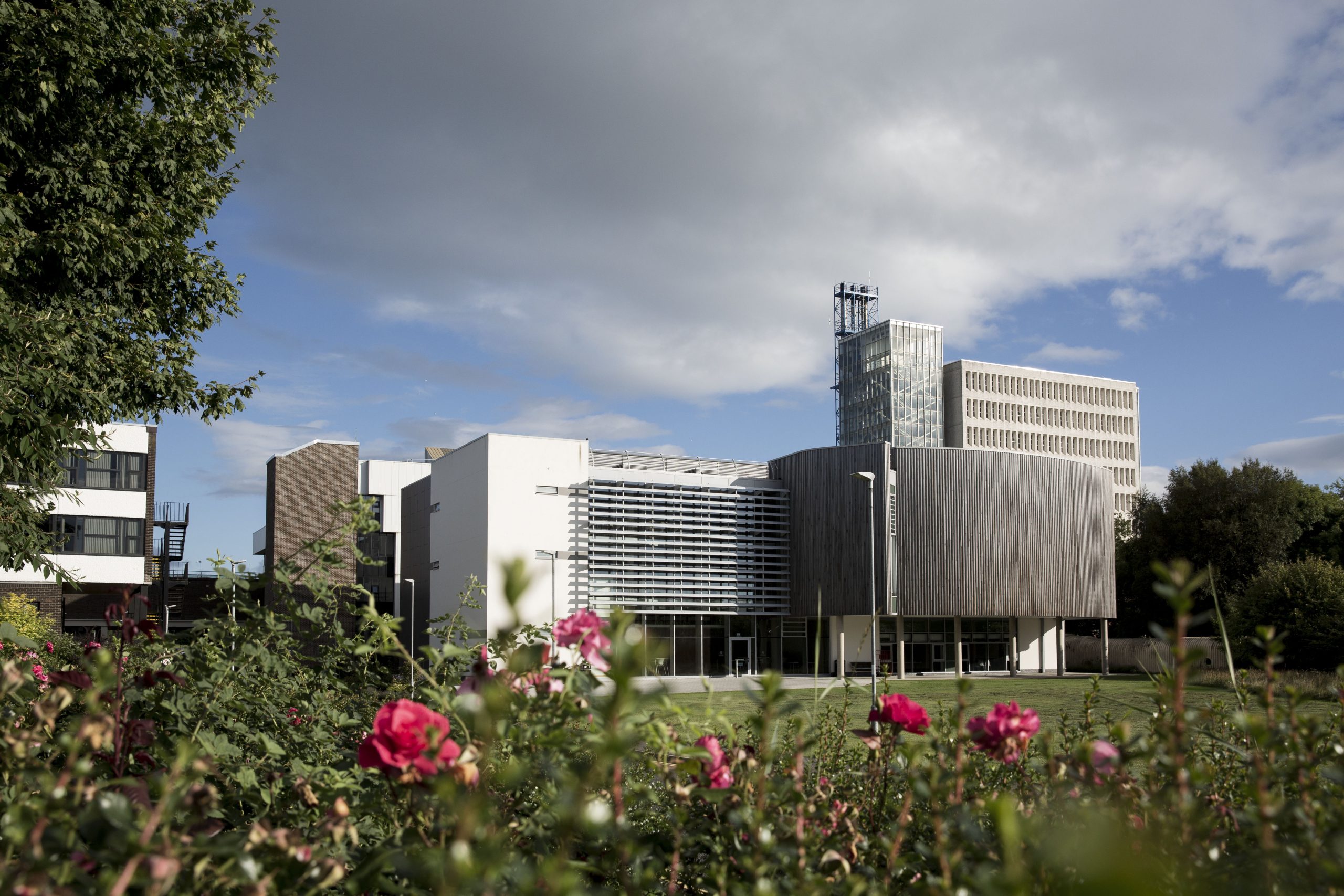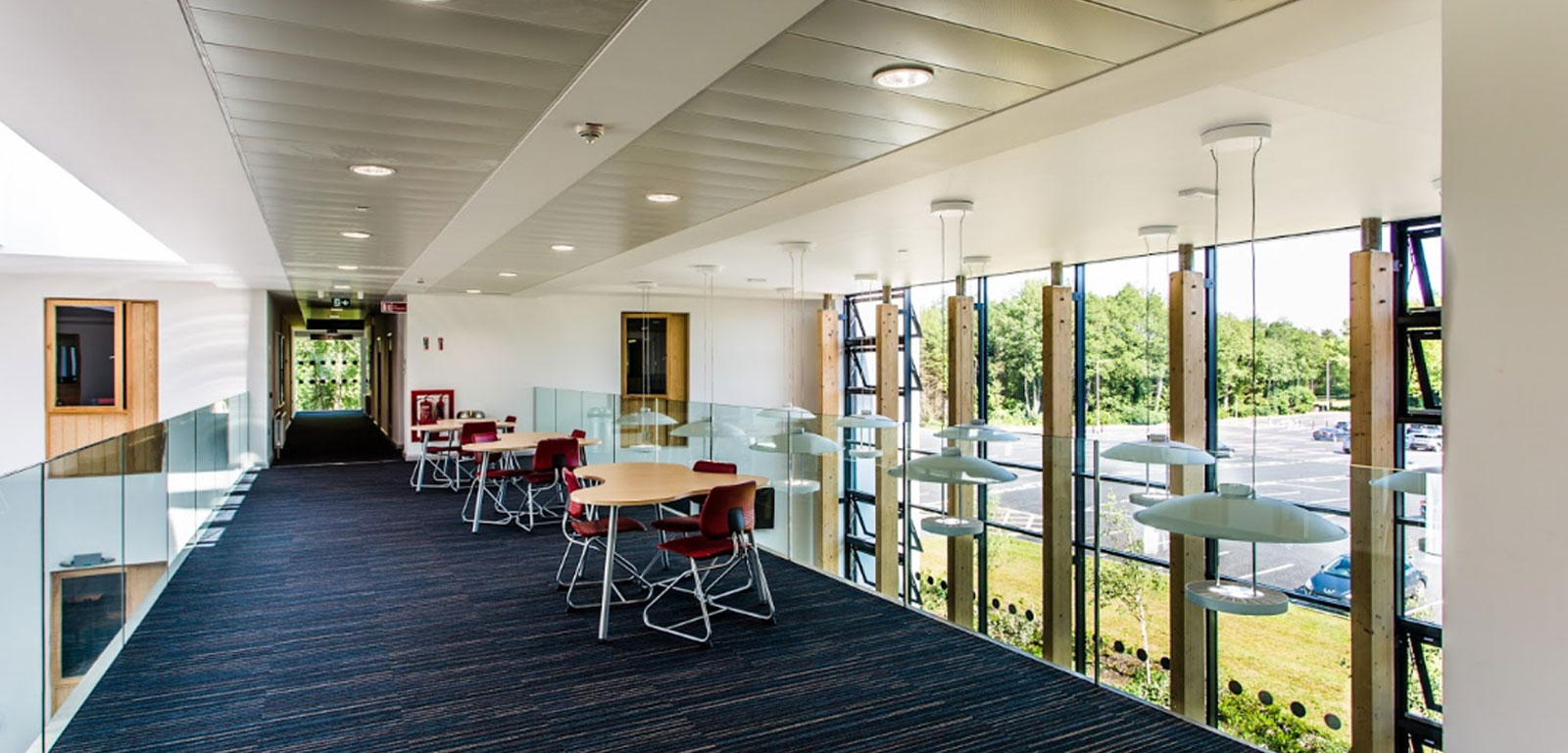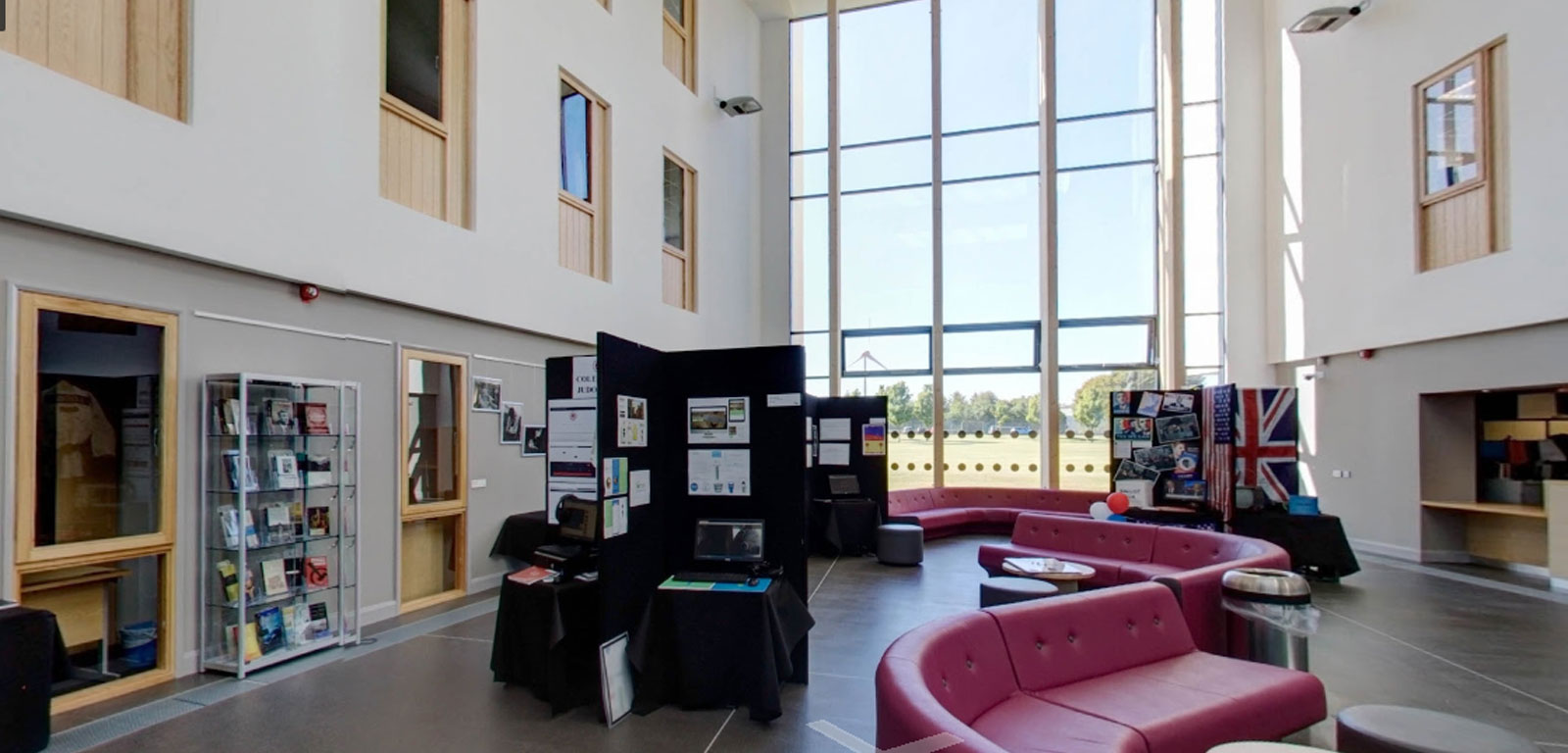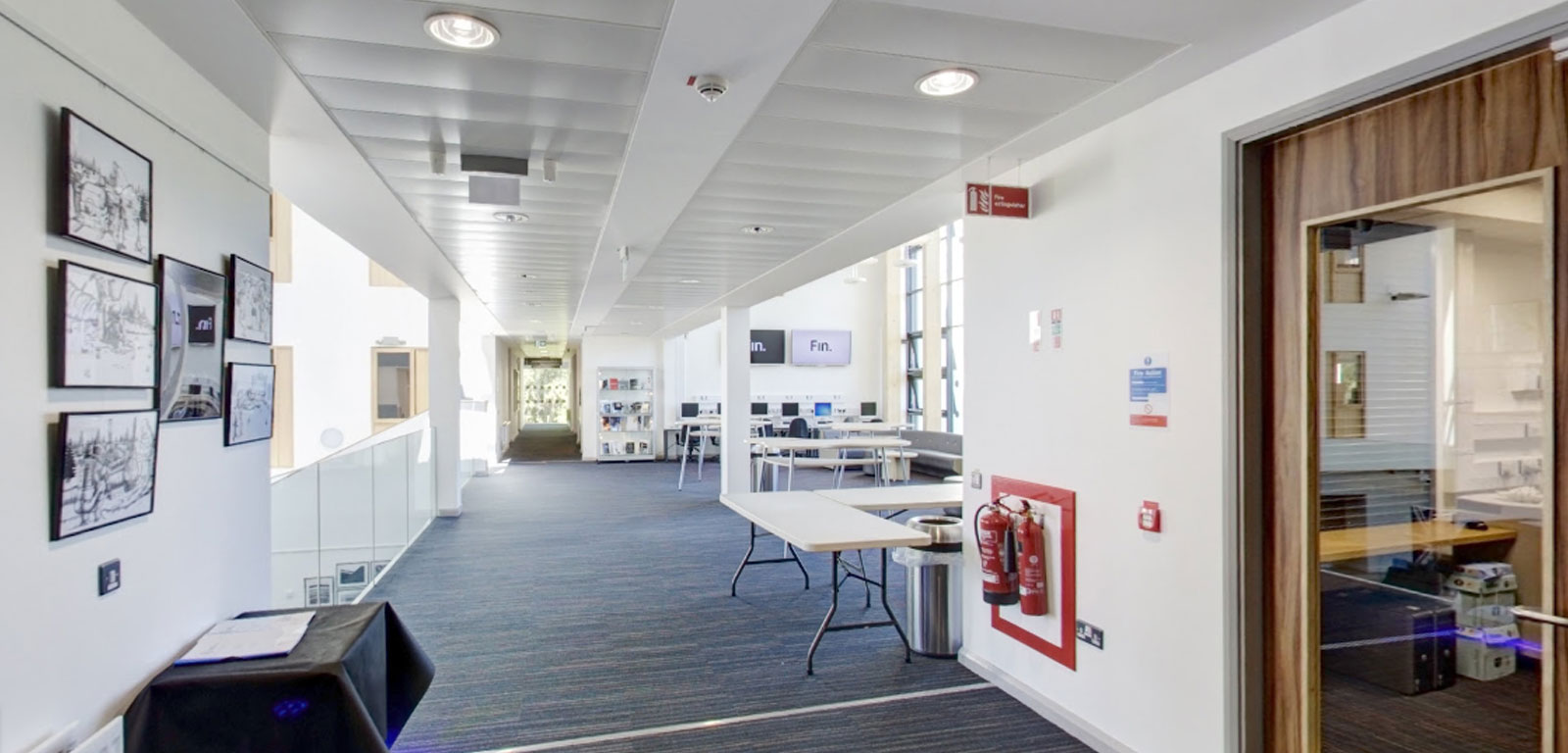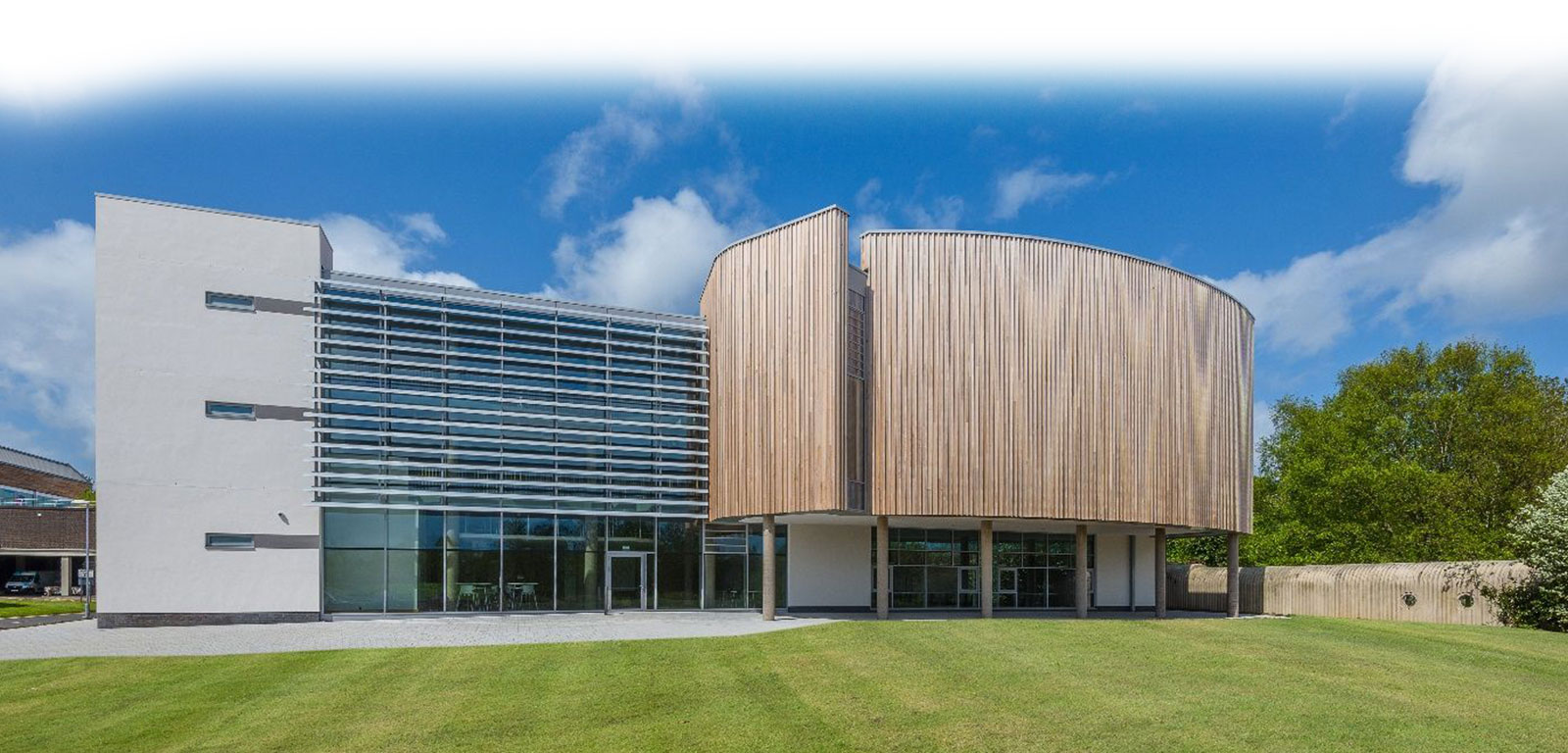📖Program Curriculum
Year one
International City Planning and Development
Year: 1
This module in international city planning and development has the primary objective of providing students with the knowledge necessary to critically analyse theory and practice in different international contexts. Cities are not globally homogeneous. It is therefore important for future planning practitioners to appreciate both the benefits and limitations of international policy transfer, as well as the social, economic and environmental drivers of city development.
Spatial Planning and Practice
Year: 1
This module considers the concept of spatial planning and how it has evolved across the devolved UK and the Republic of Ireland. In particular, the module identifies the contemporary debates surrounding the fluid conceptualisations of spatial planning, and articulates how planning nests within planning practice. The module will provide a learning platform to understand the role and interrelationships between stakeholders in structuring and shaping land use policy and how planning practice sits within a particular legal framework.
Sustainable Development - Strategy for a Secure Future
Year: 1
This module introduces the student to the concept of sustainable development, how it has evolved and how it can be delivered and measured. It explores a range of economic, environmental and social challenges to determine how these overlap with the UN Sustainable Development Goals. It provides for an appreciation of the policy and actions needed to stimulate government, corporate and individual change to help deliver the wide-ranging SDGs.
Year two
Resilience Theory and Practice
Year: 2
Interest in resilience is expanding as a direct response to the scale and intensity of contemporary issues facing cities, governments and societies. This module embraces a range of topics that relate to the conceptual and practical issues involved in building resilient cities and identifies a key role for planning in terms of strengthening the ability of society to prepare for, and respond to, anticipated impacts of contemporary social, economic, environmental challenges.
Healthy Communities
Year: 2
The relationship between health, well-being and the built environment requires practitioners to consider how planning and design processes influence the places where people live, work and socialise. This module provides students with an understanding of how planning policy and practices can play a crucial role in creating inclusive environments that enhance people's health and well-being, and help to diminish health inequalities.
Research Methods and Project
Year: 2
This module provides students with a broad understanding of research methods and techniques, and how these can be used to investigate a research problem in any context. Students will be provided with the necessary theoretical foundations in statistical research, including the ability to plan research ethically and conduct a literature review. Students will also be able to record, analyse, interpret and present qualitative and quantitative data appropriately.
Inclusive Engagement
Year: 2
This module is optional
Effective planning processes and co-production practices require meaningful stakeholder engagement that fosters equal and reciprocal relationships, and inspires new ideas to enable communities and cities to become more resilient. Drawing on both theory and practice, this module provides a deeper understanding of civic agency and participatory planning to inform future practitioners of the opportunities, challenges and benefits of inclusive engagement.
Public Service Delivery and Outcomes
Year: 2
This module is optional
New models and motivations are emerging to co-design and improve public services that meet changing community needs, deliver well-being outcomes, produce collaborative gain and advance place-based resilience. This module provides students with an understanding of the evolving governance models associated with the (co-)design and (co-)delivery of public services that aim to enhance social, economic and environmental well-being outcomes.
Leadership for Planning and Regeneration
Year: 2
This module is optional
This module examines a range of theoretical and practical issues surrounding leadership for successful delivery of regeneration and spatial planning. Understanding, and appreciating, such issues and considering how best to use new knowledge will be essential for spatial planners in terms of enhancing city resilience in an inclusive way. The module is designed to prepare students to better manage their careers in the context of discontinuous change and provide an authentic experience of conflict and change within a planning context.
Environmental Protection and Sustainable Technologies
Year: 2
This module is optional
Students completing this module will have in-depth knowledge and understanding of the purpose, processes, principles and skills in the practice of environmental protection and sustainable technologies within the context of the sustainable development agenda. This includes protecting life on land and in water, taking action on climate change, and promoting responsible consumption and production. Students will develop critical skills in strategic planning, policy and intervention to achieve this.
Show less🏠 Accommodation
You will need to book the accommodation after you have been accepted.
You can choose to live on campus or off campus in private accommodation.
How to book:
- Make a booking online after you have been accepted (in this case please let us know your choice when you apply).
- Register when you arrive - its not possible to reserve a room before arriving. You can arrive a few days before and book it
💰 Fees
Application Fee:
237 RMB
Tuition fee:
17,730 GBP per year
35,460 GBP in total
❓✅❌ Entry Requirements
The minimum age is 18.
English fluency is required.
You need to be either:
- A native English speaker
- Studied in English at high school or a degree
- Have passed IELTS level 6.5 or TOEFL 95 or above.
Minimum education level: Bachelor's.
The program is competitive, you need to have a high grades of Average A, 70%, or a high GPA.
All students from all countries are eligible to apply to this program.
Or see the list of programs you are eligible for here .
📬 Admissions Process
3 Steps to Apply to a University
Please choose the programs here , "You are advised to select 2-3 programs to increase your chances of getting accepted.
Required Documents:
- Passport
- Graduation certificate
- Passport size photo
- Official transcript
- Personal statement
- English certificate (You can take the English test online)
- Guarantor letter
- 2 Recommendation letters
Preparing documents:
You can start your application now and send the application documents during your application. Some documents you can send later if you don’t have them right away. Some more info about preparing application documents is here
Application process:
Applying Online is simple in just a few steps. More information is available here.
The first steps are to choose the programs, pay the application fee and upload the application documents.
Once submitted to Global Admissions, we will review your application within 2-3 days and proceed to the university or ask you for further clarification
After it has been processed to the university you will receive your unique application ID from each university.
The university may contact you directly for further questions.
We will then follow up each week with the university for updates. As soon as there is any update we will let you know. If you have made other plans, decide to withdraw / change address at any time please let us know.
After you have been accepted you will receive your admissions letter electronically and asked to pay the non-refundable deposit to the university.
Once you have paid the deposit the university will issue you the admissions letter and visa form to your home country.
Show less❓ Have a Question?
There are no similar questions. Please send us your question below
